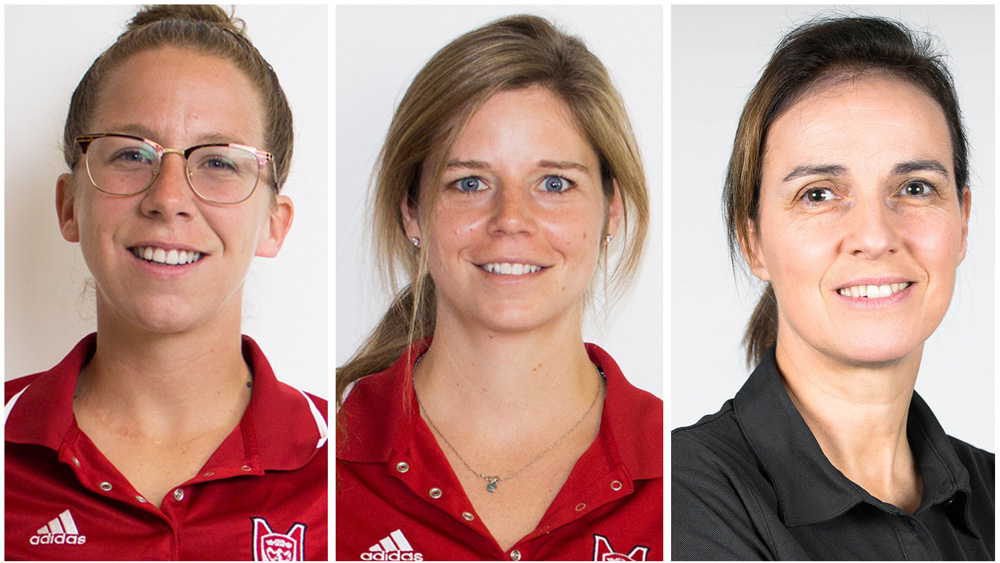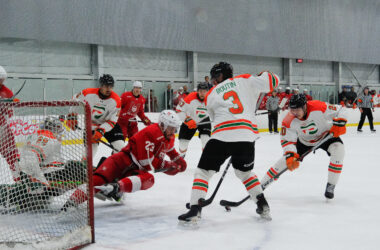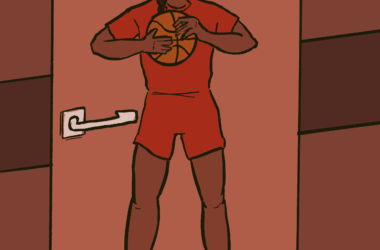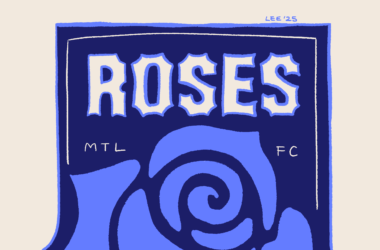This fall, McGill Athletics appointed Sylvie Béliveau as a senior advisor to its varsity sports program in the first step of the Women In Sports initiative. The initiative is funded by a $3.5 million donation from McGill varsity hockey alumni Sheryl Kerr (BCom ’67) and David Kerr (BSc ’65). The Sherbrooke native is perfect for the job: She has been involved with sports for her whole life and has a diverse professional background. Béliveau got her start in soccer, but, at a young age, discovered a lack of opportunities to continue playing at a competitive level beyond youth leagues.
“At some point, [I got] into the senior age group, and there were not enough players,” Béliveau said. “We had won national [championships], and, in those days, that was the highest level of competition. So my coach said, ‘Why don’t you come and join us as an assistant coach?’”
Béliveau progressed quickly from there: She started by coaching a youth select team, moved up to the Quebec provincial team, and, eventually, became the head coach of the Canadian women’s national team. She received mixed support from her colleagues. Wherever she went, whether it was in coaching or administrative positions, she was always just one of a few women—if there even were any others.
“You’re the only woman,” Béliveau said. “Some will support you, and some will not support you. You kind of have to survive.”
After Béliveau stepped down from her role with the national team in 1995, she joined the board of directors of the Canadian Soccer Association. Later, she became a member of FIFA’s technical study group, which analyzed international games and reported on the progression of play at the highest level of women’s soccer. Béliveau praised FIFA’s efforts in trying to get more women involved, noting how beneficial the experience was for her as a coach.
“You’re exposed to the best level of playing, […] you’re speaking full-time on not [merely] policies, not signing papers, but the game, which helps you,” Béliveau said. “You go back, and that gives you more tools to get back into your coaching tasks.”
In her new role at McGill, Béliveau wants to make female athletes aware of the wide variety of options available to them after university sports and encourages them to stay involved.
“My question to them is, when they stop playing, what will they give back?,” Béliveau said. “It could be, ‘I’ll be a volunteer at some point, and I’ll have a voice for women because I’ve played in those shoes [….] There’s so many different roles [they] could play. Refereeing, coaching, being an administrator, being on a board in some sport [….] It’s not […] necessarily right after you’re finished, […] but it’s […] putting in their mind, ‘I got so much out of it. Now what?’”
With the Women in Sports initiative, Béliveau hopes to help them answer that question. She preaches the significance of having women involved in sports in whatever position that may be because she believes that it is important for the athletes to see that those careers are available to them.
Béliveau supports female athletes in her home province outside of McGill. Alongside six other female champions of women in sports, Béliveau founded Égale Action, an organization that supports women and girls in sports in Quebec, with the goal that no other woman will have to face the barriers she has come up against during her career. Égale Action works with the Quebec government to allocate funds to projects across the province that serve women in sports. They also organize workshops on topics such as leadership, self-esteem, and understanding the dynamic between male coaches and female athletes.
Ultimately, her success is rooted in a competitive mentality that started at home with her brothers and her sister, Rachele, who currently coaches the McGill women’s volleyball team.
“We played games, all sorts of games,” Béliveau said. “Gymnastics in the house, head down and feet up, whatever [….] So, because we are a family of playing, it’s more than just a job, it’s fun.”









